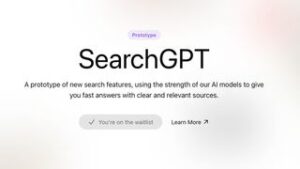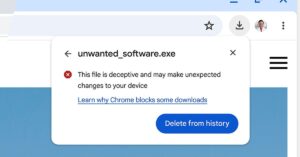Gmail’s iOS and Android apps have been updated with a new interface that makes it easier to see where your packages are in transit, and when they might arrive. The feature was announced last November, when Google said it would be arriving “in the coming weeks,” but it’s only been spotted in the wild by the likes of 9to5Google and XDA-Developers over the past couple of days. It’s unclear exactly when it went live, but the feature appears to be available now if you know where to look.
The feature is currently opt-in, making it easy to miss it if you don’t know where to look. Google’s original blog post announcing the feature had a screenshot of a prompt in the Gmail app asking if you want to turn the feature on, but for now most people are seemingly having to dig through the app’s settings to enable it. On iOS the “Package tracking” toggle can be found in the “Data privacy” menu, while on Android a toggle of the same name can be found in the “General” settings section, according to Android Police.
Sure enough, when I enabled the feature in Gmail’s iOS app I could see the new delivery tracking interface for a recent eBay purchase which was shipped via UPS. The new interface highlights when the item was delivered in the main Gmail inbox screen, and provides a more detailed view when I tap into the email itself. In contrast, the old interface shows no tracking info in the main inbox view (beyond what a retailer might include in an email’s subject line), and I have to tap a hyperlink in the email to see tracking information.
The feature doesn’t appear to be supported across all delivery services. Although it’s working for me in the UK with an order shipped by UPS, it doesn’t appear to be appearing for a similar UK-based order shipped via French-headquartered delivery company DPD, or for an order to my Netherlands-based colleague via Dutch courier PostNL. Google previously said that the interface would be supported by “most major US shipping carriers.”
Still, when it works Gmail’s new package tracking feature is a neat little feature, and turning it on seems like a no-brainer.




